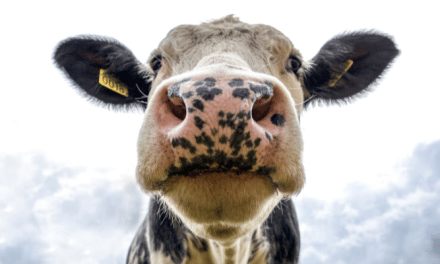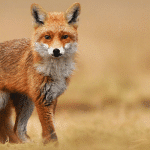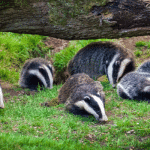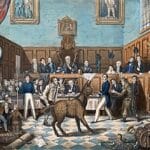By Nicole Bergman – Law Student and A-LAW Legal Correspondent
RSPCA publishes thought provoking resources about animals and society.
The connection between human behavior, animal welfare, and the plight of the environment are inextricably linked. A change in human behavior, for better or worse, significantly impacts both animals and the planet we share.
The RSPCA recently published three resources that discuss this critical intersection and how sustainable change must involve the political, legal, and social spheres within our society. A multi-pronged approach is necessary given the conflicting agendas and gaps that exist in animal welfare and environmental laws, policies, and socio-cultural practices. Education followed by consistent action in all three spheres will enable us to collectively find our footing and address these gaps more effectively.
In an essay titled ‘ When is an Animal Not an Animal?’ for the RSPCA’s 2022 essay collection, Paula Sparks, A-LAW’s Chairperson, details the legal issues that animals face when it comes to their welfare and the historical roots that have given them the same legal status as personal property. Paula challenges us to consider a world where animal welfare is protected under the law. One where animals move from being classified as a “legal thing” to a “legal person”. This change would afford animals dignity and protection from unnecessary suffering under the law.
In a keynote speech for the RSPCA’s Wilberforce Lecture 2022 (William Wilberforce was a founding member of the RSPCA), Henry Dimbleby, author of the Government commissioned National Food Strategy and non-executive board member of the Department for Environment, Food and Rural Affairs, discusses how both the environment and animal welfare are being compromised by human population growth, coupled with increased quantities of meat being eaten.
Dimbleby also suggests that for our own morality we should ‘reduce the cruelty involved in the rearing of livestock’ and that we need to make faster progress on this. Dimbleby also highlights the positive environmental impact that could be realised if consumers chose to reduce the amount of meat they consume weekly. You can learn more about the Wilberforce lecture and watch a recording of the keynote speech here.
The final resource, a short video titled What Have Animals Ever Done for Us? , with extracts from the 2022 essay collection highlighting the vital role animals have played over time as our protectors, companions, and sustainers. This is contrasted with humanity’s continued destruction of their homes, natural habitats, and failure to protect their welfare. The sad irony being that our disregard for their rights and wellbeing inevitably impacts our own. Our fates are inevitably tied. Will the survival of humanity be awarded to the strongest, the most powerful, the wealthiest among us or will it be granted to the most humane?
Given that we all depend on the same resources and co-exist on the same planet, Patrick Aryee, RSPCA Ambassador, points out that we need to rethink our relationship with animals, so that we can “act now and become leaders in building a better and kinder future”.
About the author:

Nicole is studying law at the University of Leicester and is interested in issues related to human and animal rights, as well as immigration and employment law. Nicole is a contributing author with the UK Animal Law Center blog and a legal correspondent with the centre.

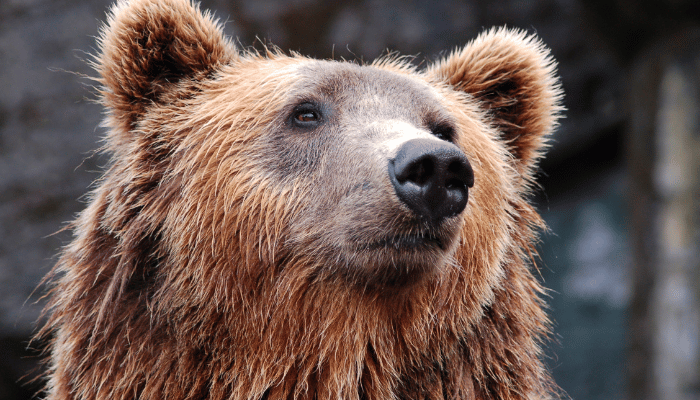
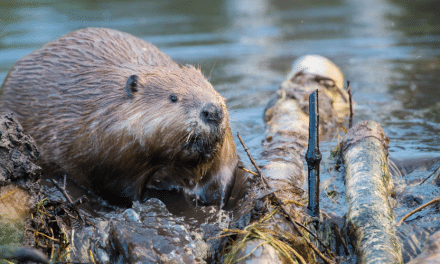
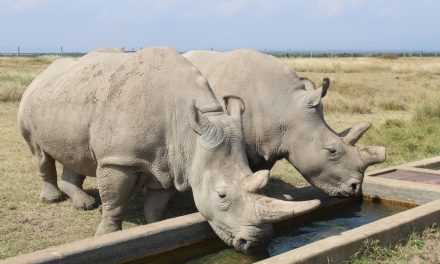
![R (on the application of Highbury Poultry Farm Produce Ltd) (appellant) v Crown Prosecution Service (respondent) UKSC [2020] 39](https://news.alaw.org.uk/wp-content/uploads/2021/10/News-Blog-Image-25-440x264.png)
